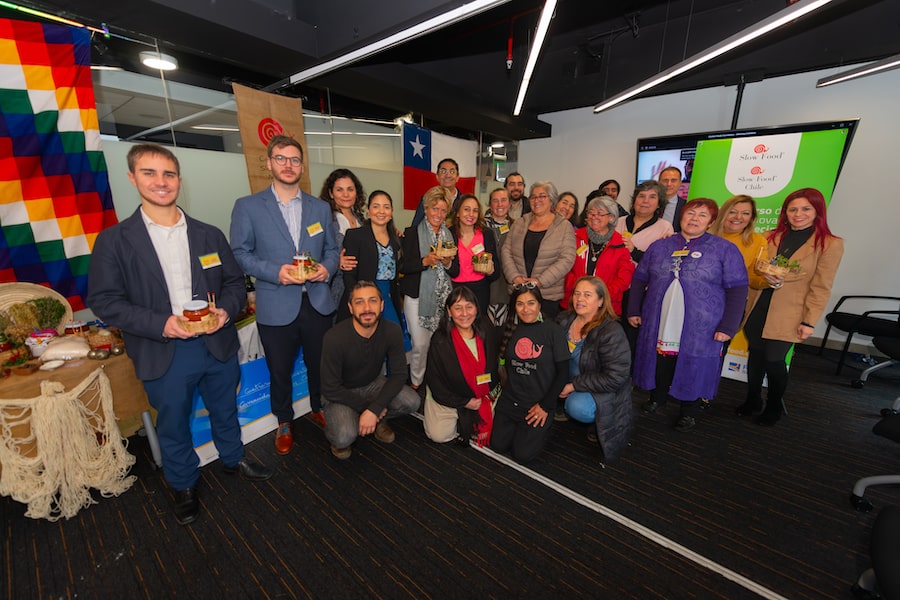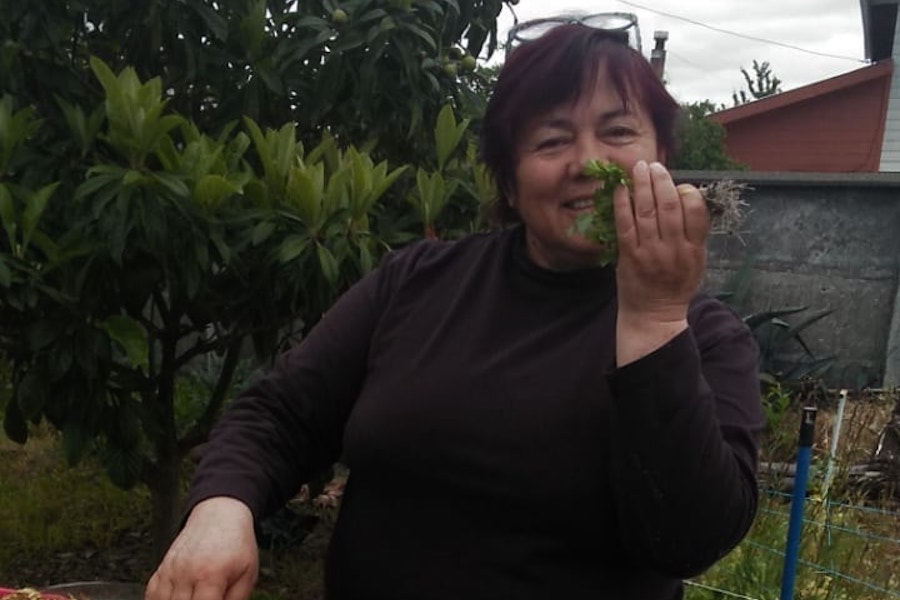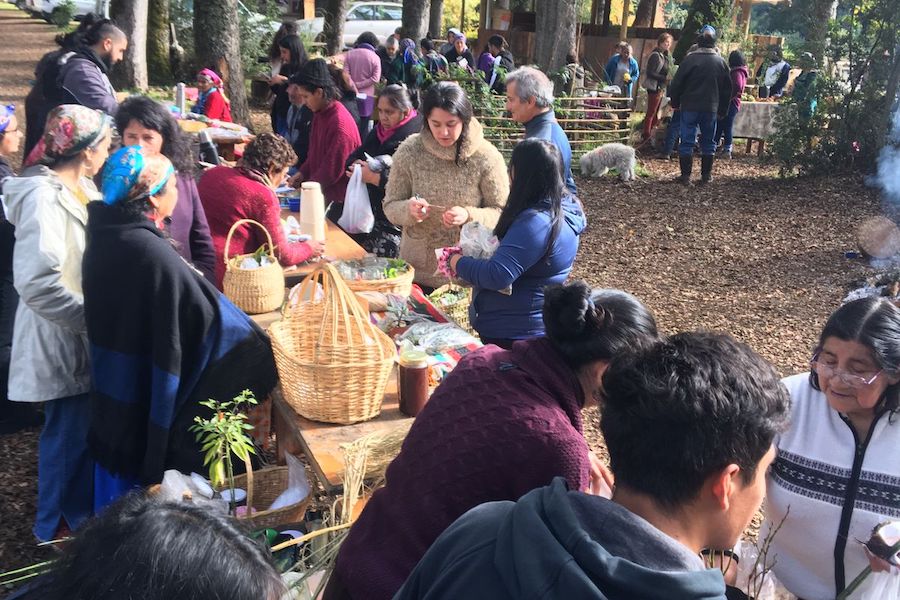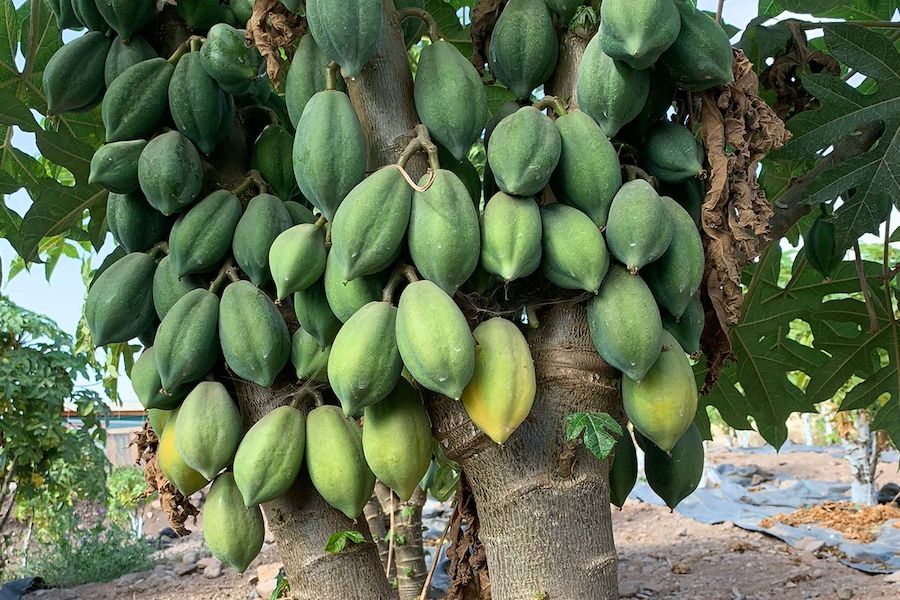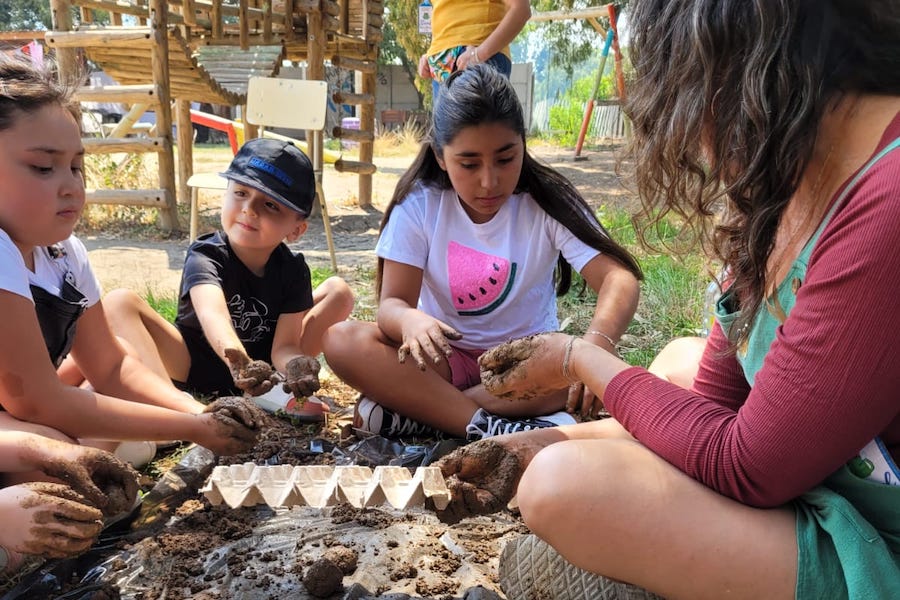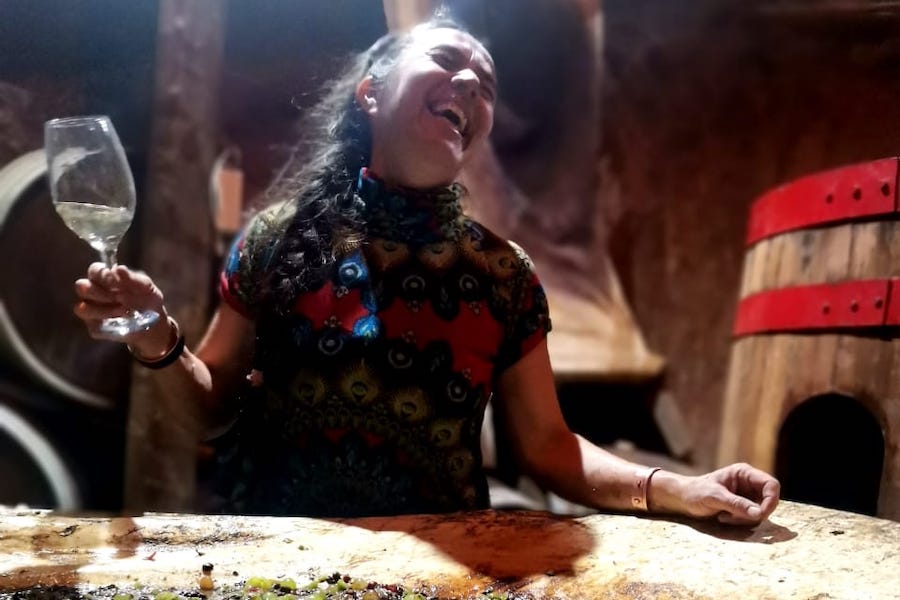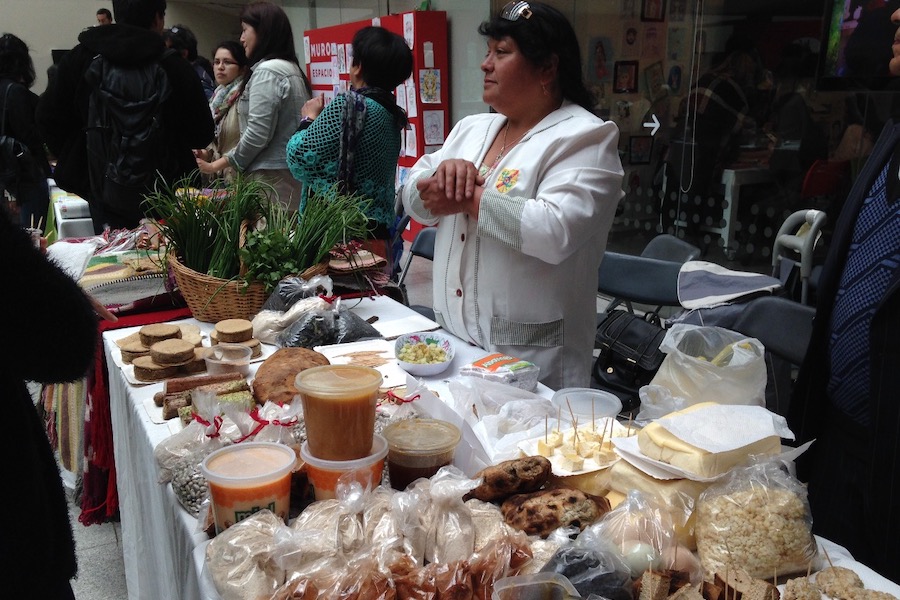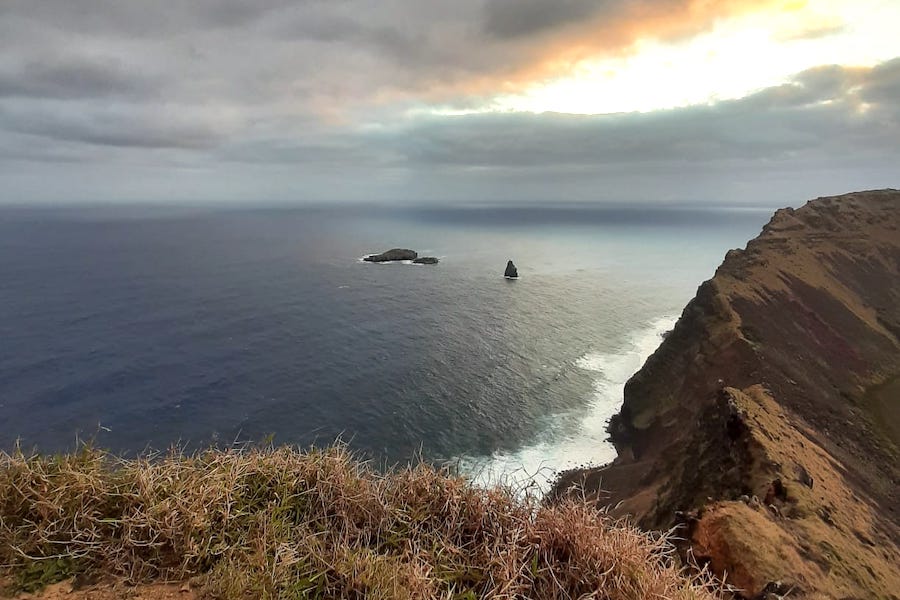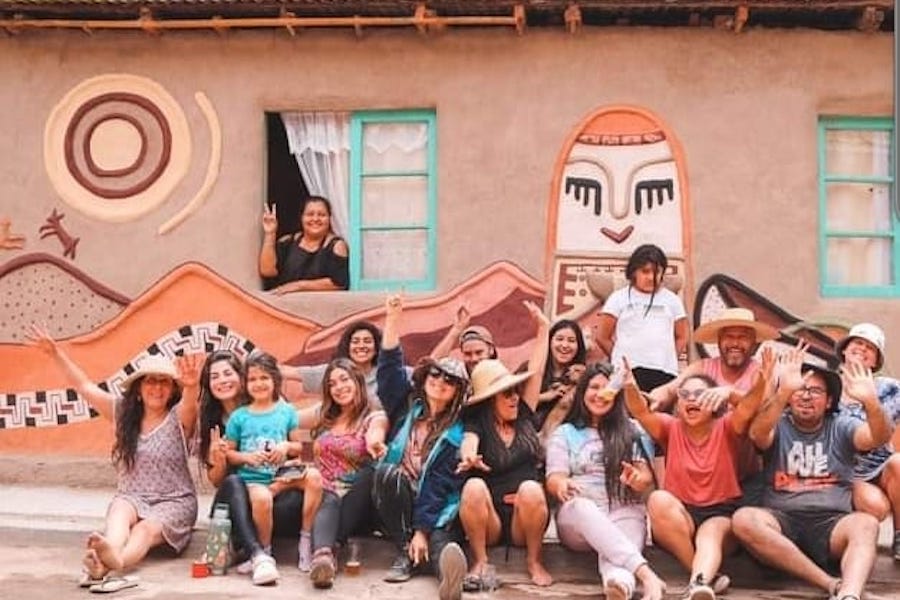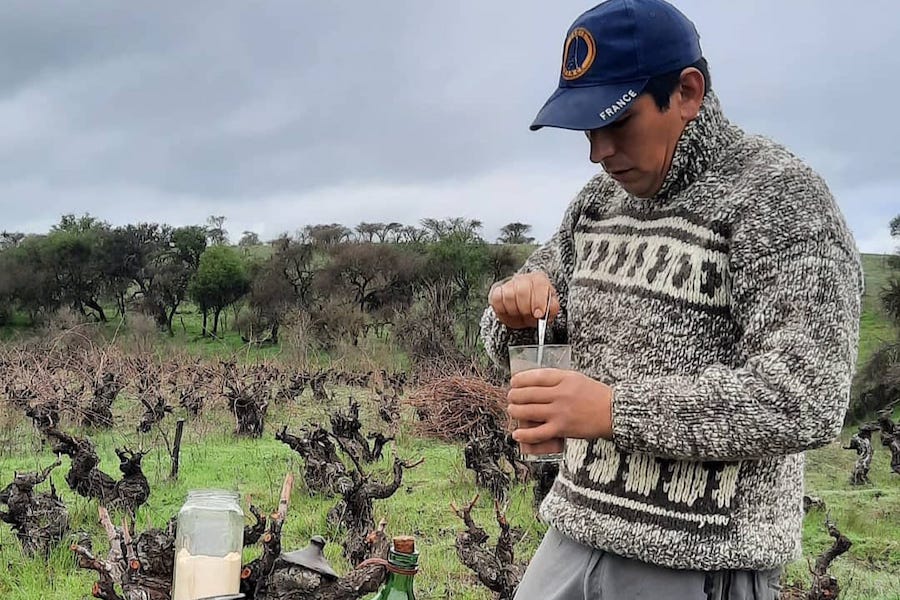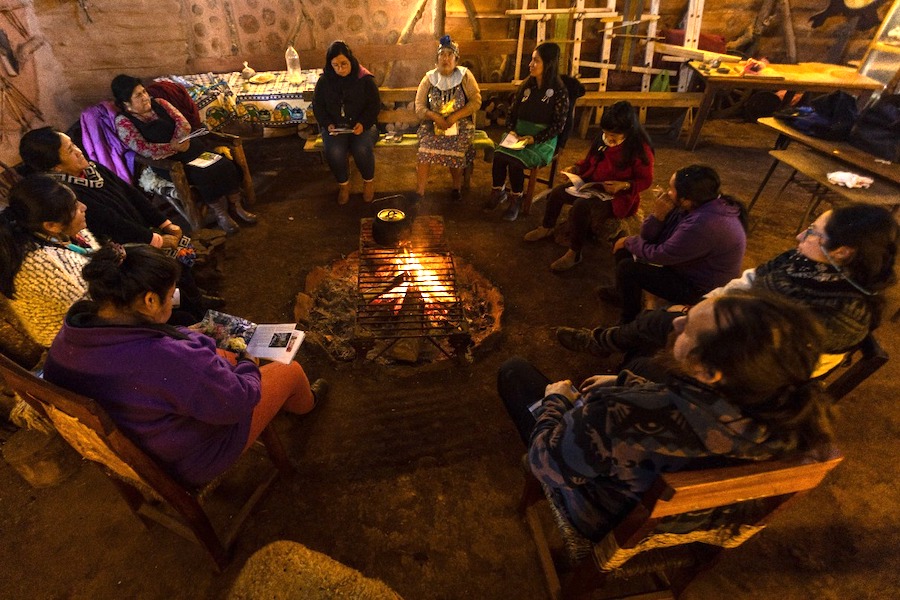Reale Foundation and Slow Food are promoting sustainability in the food sector this year too, awarding ten Chilean Slow Food communities for their innovative and sustainable projects that respond to the country’s environmental challenges.
“For the second year, together with Slow Food, we are proud of contributing to protecting the country's biodiversity, supporting Chilean agricultural communities”, stated Virginia Antonini, Director of Sustainability and Corporate Communication at Reale Group.
“We are proud of the support that Reale Foundation provides to Slow Food communities in Chile and, with the second edition of the competition, we will be able to develop concrete projects for improving the local food system, enhancing local production, with a special focus on preserving agro-food biodiversity and ecosystems. This helps ensure local economic, cultural, social, and environmental development in harmony with and with respect for natural balance, promoting a new gastronomy based on protecting biodiversity and the environment while respecting local cultures and traditions”, stated Marcela Ramos, president of Slow Food Chile.
Here are the ten winning projects in detail:
- “Huasco Valley, the last green frontier” with the Huasco Community (Antofagasta). Goal: promoting and disseminating the food heritage of the last fertile valley of the Atacama Desert.
- Consolidation of the project: "Saving and promoting the Chilean papaya” with the Coquimbo Community (La Serena). Goal: promoting spaces for regenerating biodiversity in Slow Food communities with an impact on the environment, strengthening and consolidating the papaya recovery project in the Coquimbo region.
- “Móvil sustentable - culture and agro-ecology serving people’s quality of life” with the Mallarauco Melipilla Community (Santiago). Goal: acquiring moveable equipment (cart) that makes it possible to move within the Mallarauco Valley, to disseminate traditional activities and practices
- "Regeneration from agro-biodiversity and promotion of an agro-ecological diet in the Valparaíso region" with the Mar y Tierra Community. Goal: recovering fire-hit areas through food assistance and volunteer activities for regenerating native flora in the Kan-Kan Park in Valparaíso
- "Innovation of production cycles and flour distribution" with the Extender Fronteras Alimentarias Community of Bio Bio (Talca). Goal: offering technical training in agro-ecological practices and technological innovation in cereal production cycles in the city of Tirúa, to improve the distribution of flour in the region
- "Travelling Itata market" with the Crianza Agroecológica del Valle Community (Concepción). Goal: giving visibility to the Community as a reference for producing and marketing good, clean, and just products that are culturally appropriate and reliant on sustainable systems that respect the environment
- "Strengthening the Chilean native people’s network" with the Community of Native Peoples. Goal: promoting innovative methodologies and practices to improve the skills of Slow Food communities, through a national meeting of native peoples
- "The world of mushrooms en tus pies: from harvest to table - the mushrooms in Araucania forest" with the Villarrica Paillaco Community (Temuco). Goal: showcasing the world of mushrooms in terms of food through their cooking and caring for the forest where they grow
- "Food of the earth and sea from the cooking of the Rapanui People's heritage and legacy" with the Rapanui Community (Valparaíso). Goal: developing food products that are the island and continent's heritage and implementing a plan to strengthen agro-ecological agriculture
- "Mapa vivo: digital inclusion models for the national Slow Food Chile network of agro-ecological and artisan food" with the Slow Food Chile National Network. Goal: creating a digital map supported by a website that promotes and describes the agro-ecological diet and some artisanal products of network producers, with the possibility of accessing a good, clean, and just diet.
